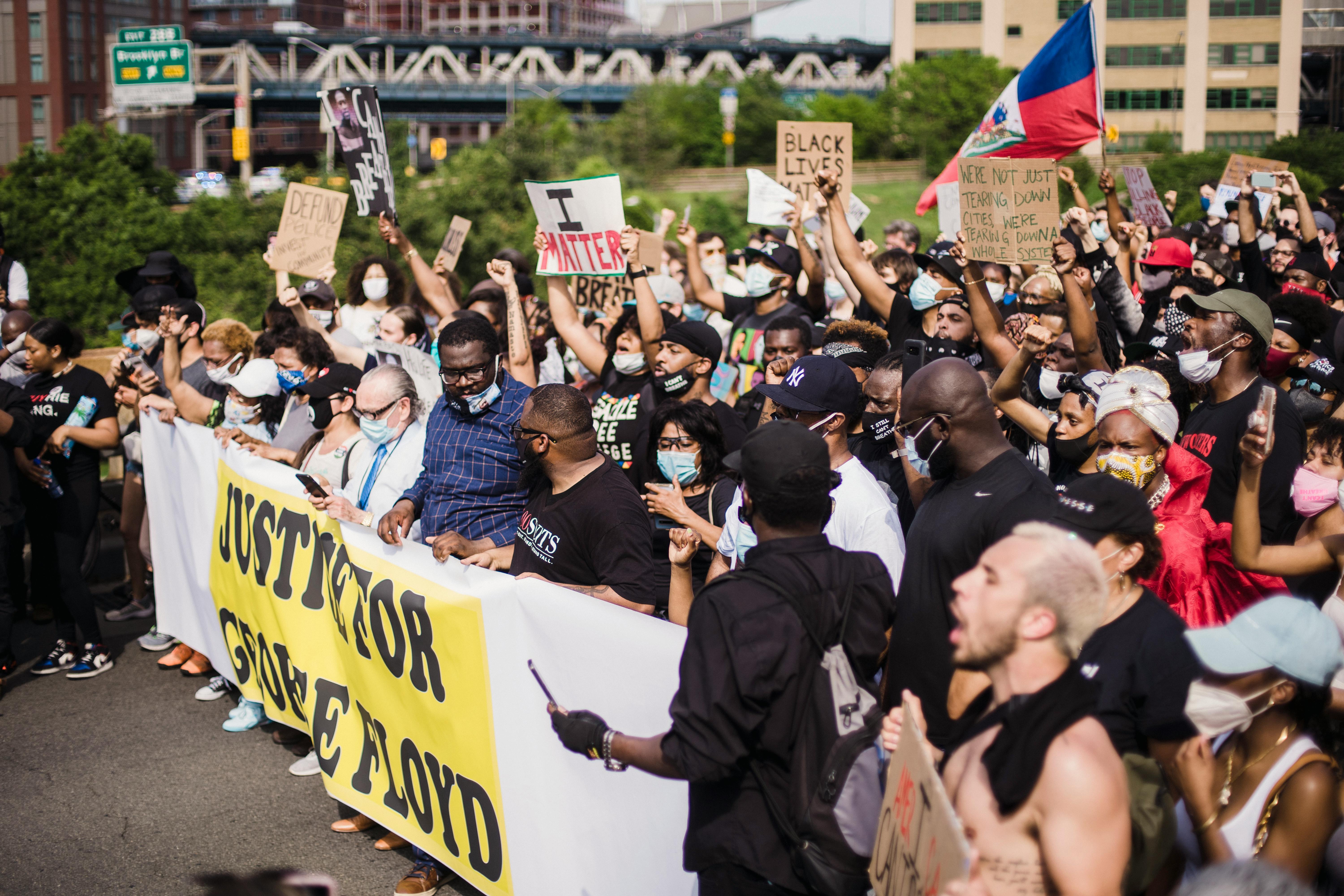Scott Turow was born on April 12, 1949 in Chicago, Illinois. After graduating from New Trier High School, he attended Amherst College, graduating in 1970. He won a scholarship to attend the Stanford College Writing Center, graduating in 1975. He attended Harvard Law School from 1975 to 1978.
Scott says he knew he wanted to be a writer since he was 17 years old. He said that he decided to write and practice law when he realized that he was not going to support himself as a writer. During his first year at Harvard, he was commissioned to write a book about his experiences as a first-year law student. The result is “One L”, released in 1977.
Scott Turow married Annette, a painter, in 1971. They have three children, but divorced in 2008. From 1978 to 1986, Scott was an Assistant United States Attorney in Chicago, where he prosecuted several high-profile cases.
In addition to his books, Scott has published numerous articles, including reviews and a treatise on why he doesn’t believe in the death penalty. In 2003 her book, “Ultimate Punishment: A Lawyer’s Reflection on Dealing with the Death Penalty,” was published.
Scott Turow is a partner at a leading national law firm, Sonnenshein, Nath and Rosenthal. He has worked pro bono cases especially for those wrongfully convicted, as in the case of Alejandro Hernández. Mr. Hernández was accused and convicted of the murder of a girl. He spent 11 years on death row before Mr. Turow won his release in 1996. Scott says he was agnostic of the death penalty at one point, but not anymore.
Scott Turow was appointed by then Governor Ryan to the Capital Punishment and Reform Commission. He is a trustee at Amherst College and was a member of the Authors Guild for one year and is still on the board of directors. He also served on the United States Senate Committee on Nominations.
Scott has been practicing law part-time since 1986. He says he writes in the morning and becomes a lawyer in the afternoon. He claims that he still has billable hours every day.
Most of Scott Turow’s books are legal thrillers. An exception is “Ordinary Heroes”. Scott says “Ordinary Heroes” is a book he’s wanted to write since he was 17 years old. This book focuses on fathers and sons, World War II, and hidden pasts. Scott says that his own family fabricated his past.
So far, three of Scott Turow’s books have been made into movies: Presumed Innocent in 1990, The Burden of Proof in 1992, and Reversible Errors in 2004.
Times magazine once touted Scott Turow as “The Bard of the Litigation Age.” The Los Angeles Times says, “No one writes better mystery thrillers than Scott Turow.”
Scott Turow novels:
Presumed Innocent (1987)
The Burden of Proof (1990)
Pleading Guilty (1993)
The Laws of Our Fathers (1996)
Personal Injury (1999)
Reversible Errors (2002)
Ordinary Heroes (2005)
Limitations (2006)
Non-fiction:
An L (1977)
Ultimate Punishment: A Layer reflection on dealing with the death penalty (2003)
